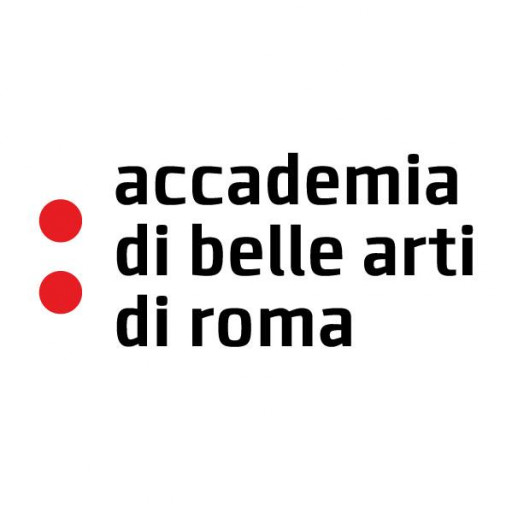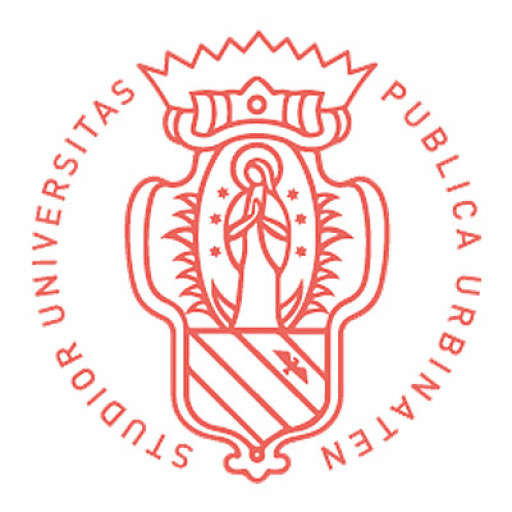Photos of university
The MA in Translating Popular Culture at City University offers students a unique opportunity to explore the dynamic and ever-evolving realm of contemporary media, entertainment, and cultural industries through the lens of translation studies. This innovative programme is designed to equip aspiring translators with specialized skills necessary to navigate the complex linguistic and cultural challenges associated with translating popular culture texts such as films, TV shows, video games, music lyrics, social media content, and other multimedia formats. Recognizing the vital role that translation plays in the global dissemination of cultural products, this course combines rigorous theoretical understanding with practical translation training, ensuring graduates are well-prepared for careers in media companies, publishing houses, entertainment industries, and freelance translation.
Throughout the programme, students will engage in in-depth analyses of popular culture phenomena and their translations, examining issues of language, identity, cultural referencing, humor, slang, and audience reception. They will develop advanced translation skills through hands-on projects, workshops, and internships, learning to work with various digital translation tools and software to enhance efficiency and quality. The curriculum also emphasizes bilingual and intercultural communication, encouraging students to reflect on the socio-cultural implications of translations and the ethical considerations involved in adapting content for different audiences.
The programme is suitable for students with a background in languages, media studies, cultural studies, or related fields who are passionate about media and translation. By the end of the course, graduates will possess a comprehensive understanding of the cultural industries context, a portfolio of translated works, and the professional competencies required to succeed as translators specializing in popular culture. The programme aims to foster innovative thinking, cultural sensitivity, and technical proficiency, making graduates highly competitive in the international translation market, especially in sectors focused on media, entertainment, and digital content production.
The Translating Popular Culture MA program at City University offers students a comprehensive exploration of the ways in which contemporary cultural phenomena are communicated across languages and cultures through translation. This innovative degree is designed for students who are passionate about media, entertainment, and the global exchange of popular culture, providing them with the skills necessary to succeed in various sectors including publishing, broadcasting, gaming, and digital media.
Throughout the course, students will engage with key concepts in translation studies, focusing on the unique challenges presented by translating texts and materials from popular culture such as films, TV shows, music, comic books, video games, and social media content. They will analyze how language, humor, cultural references, idiomatic expressions, and slang are handled during translation, ensuring that the original tone, style, and cultural relevance are preserved or appropriately adapted for different audiences.
The program emphasizes both theoretical and practical aspects of translation. Students will learn about the history and theories of translating popular culture, as well as develop their practical skills through workshops, translation projects, and collaborations with industry partners. The curriculum also covers digital tools and translation technologies, preparing students for the evolving landscape of media localization and content adaptation in the digital age.
In addition to translation practice, students will study intercultural communication, media studies, and the sociocultural implications of translating popular texts. They will critically assess issues related to cultural appropriation, sensitivity, and representation, fostering an understanding of the ethical responsibilities of translators working within the realm of popular culture.
The program offers opportunities for internships and networking with industry professionals, providing valuable real-world experience. Graduates will be equipped with the linguistic, cultural, and technical competencies to pursue careers in translation agencies, media companies, entertainment sectors, publishing houses, and freelance translation. They will also be prepared to undertake further research or doctoral study in translation and intercultural communication.
Overall, the Translating Popular Culture MA at City University is an ideal choice for students eager to combine their passion for media and culture with professional translation skills, contributing to the global dissemination and understanding of popular media and entertainment.
The program "Translating Popular Culture" at City University is designed to equip students with comprehensive skills and knowledge necessary for the effective translation of contemporary cultural materials. Admission requirements typically include a relevant undergraduate degree in translation, linguistics, cultural studies, or a related field. Applicants are expected to demonstrate proficiency in at least two languages, with a high level of competence in both the source and target languages, particularly in colloquial and idiomatic expressions related to popular culture. Furthermore, candidates should possess strong analytical abilities and a keen interest in media, entertainment, and contemporary cultural phenomena.
Prerequisites often include a portfolio of translation work or related academic experience, showcasing the applicant's capability to handle complex cultural texts. Some programs may require the submission of a personal statement outlining the applicant's motivation and career objectives in the realm of cultural translation. Additionally, proficiency in relevant digital tools and social media platforms can be advantageous, reflecting the modern landscape of popular culture. International applicants whose first language is not English may need to provide evidence of English language proficiency through standardized tests such as IELTS or TOEFL.
Applicants should also meet the university's general entry criteria, including academic transcripts and references. The selection process may involve interviews or written assessments to evaluate language mastery, cultural awareness, and translation skills. It is recommended that prospective students have a cultural background or familiarity with the media and entertainment sectors, as this will enhance their understanding and translation of popular culture texts. Overall, the program seeks candidates who are passionate about intercultural communication, possess excellent bilingual abilities, and are committed to exploring the dynamic interface between language, media, and culture.
The financing of the Translating Popular Culture programme at City University is supported through a combination of tuition fees, government funding, scholarships, and potentially external grants or sponsorships. Tuition fees for this master's programme are structured to be competitive within the London higher education market, with detailed fee information available on the university's official website. Students enrolling in this programme are often eligible for various financial aid options, including scholarships based on merit or need, which are designed to reduce the financial burden and make higher education more accessible.
City University also participates in government loan schemes, enabling UK and EU students to access student loans to finance their studies. International students may explore alternative funding sources, such as private scholarships or sponsorship programs, which are sometimes available through cultural or philanthropic organizations interested in promoting the arts, translation, or cultural exchange. In addition, students are encouraged to seek out external grants or funding opportunities that support research or professional development in the field of translation and cultural studies.
The university provides comprehensive financial guidance to prospective and current students, helping them understand the cost structure and available financial support options. The campus also offers part-time employment opportunities, either through university services or local partnerships, to assist students in managing their finances while completing their studies. Additionally, some students may qualify for employer-sponsored funding or sponsorships if they are already employed in relevant fields or companies interested in developing translation skills within popular culture domains.
City University aims to ensure equality of access and affordability by providing transparent information regarding tuition fees and financial support through its official channels. The costs associated with the programme include tuition, registration, and resource fees, but students are encouraged to plan their finances carefully and explore all available funding avenues. Overall, the financing of the Translating Popular Culture programme is designed to facilitate access for a diverse student body and support their academic and professional success in the vibrant field of translation for popular culture.
The Translating Popular Culture programme at City University is designed to equip students with advanced skills and knowledge necessary for the translation of contemporary cultural texts. This interdisciplinary course combines insights from translation studies, media studies, and cultural analysis to prepare students for careers in translating popular culture from various media, including film, television, music, internet content, and literature. The programme emphasizes not only linguistic proficiency but also a deep understanding of cultural contexts, genre conventions, and audience expectations, enabling graduates to produce accurate and culturally sensitive translations.
Students undertake a range of modules that cover theoretical frameworks of translation alongside practical translation exercises. These modules often focus on translating texts such as scripts, subtitles, song lyrics, and digital media content, reflecting the evolving landscape of popular culture. The course also explores topics such as media history, fan cultures, visual communication, and digital technologies that influence how popular culture is created and consumed globally. Through seminars, workshops, and collaborative projects, students develop both their analytical and technical skills, preparing them for the demands of the translation industry.
The programme benefits from City University London's strong links with media organizations, translating agencies, and cultural institutions, providing students with opportunities for internships and real-world experience. Additionally, guest lectures by industry professionals and participation in cultural events enhance practical learning and networking opportunities. Graduates of the programme are well-positioned to pursue careers in translation agencies, media companies, publishing, or further academic research. They can also work as freelance translators, specializing in the rapidly expanding market of subtitling, dubbing, and localization within the entertainment industry.
Overall, the Translating Popular Culture programme at City University offers a comprehensive education that combines linguistic skills, cultural awareness, and industry insights, making it a valuable choice for students interested in the dynamic intersection of language and culture within the media landscape.







